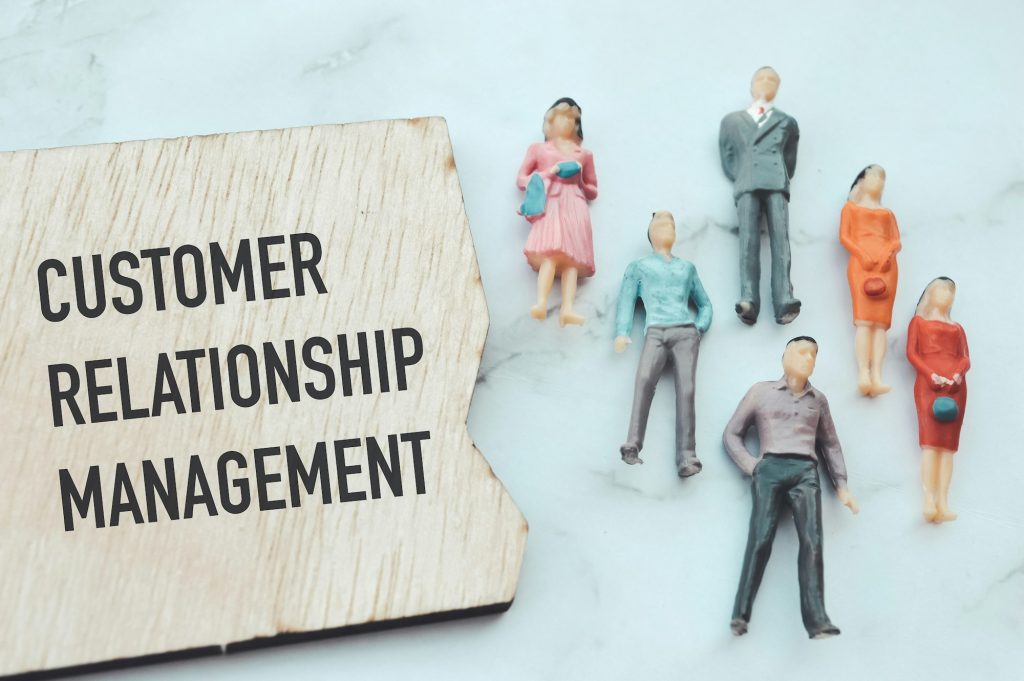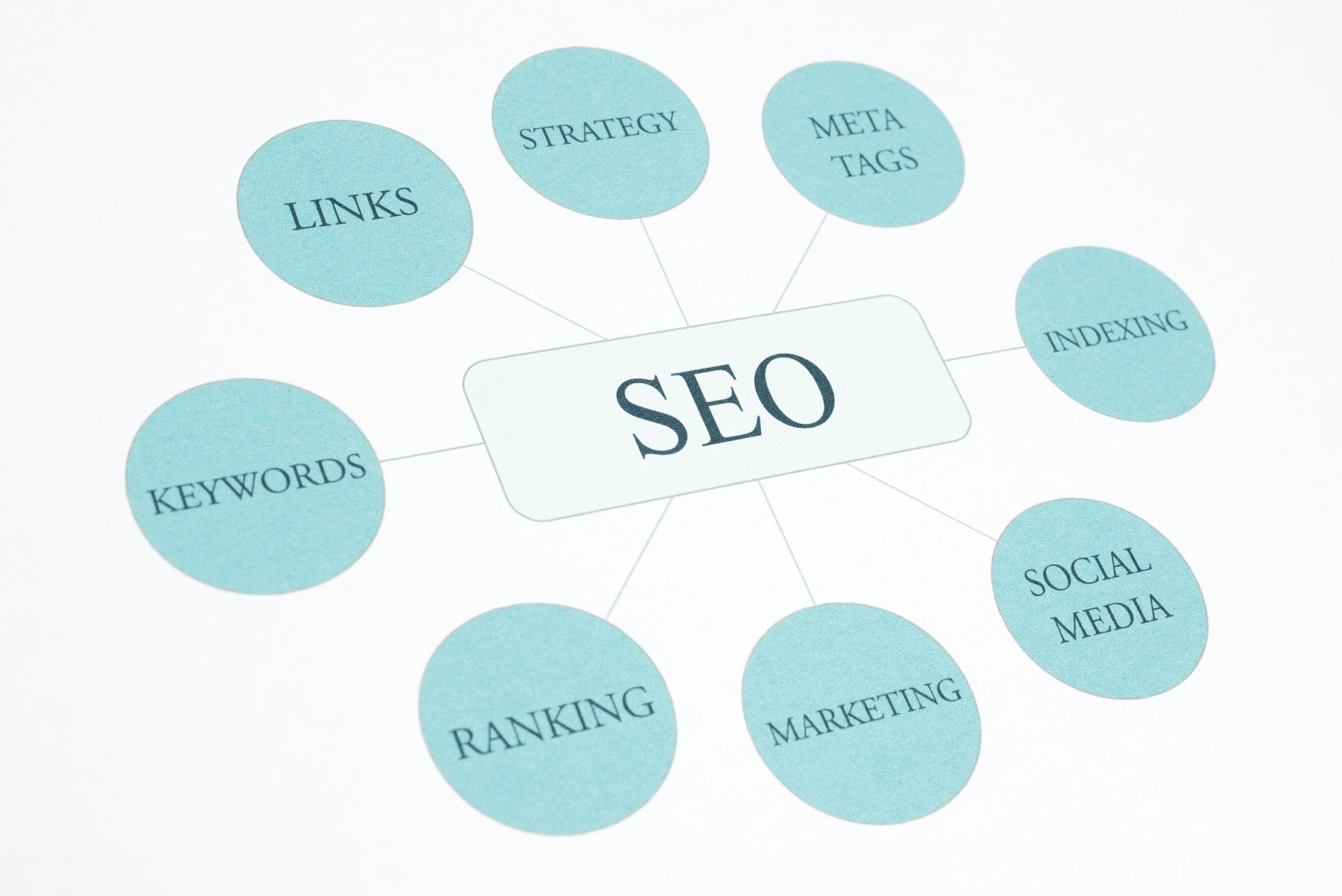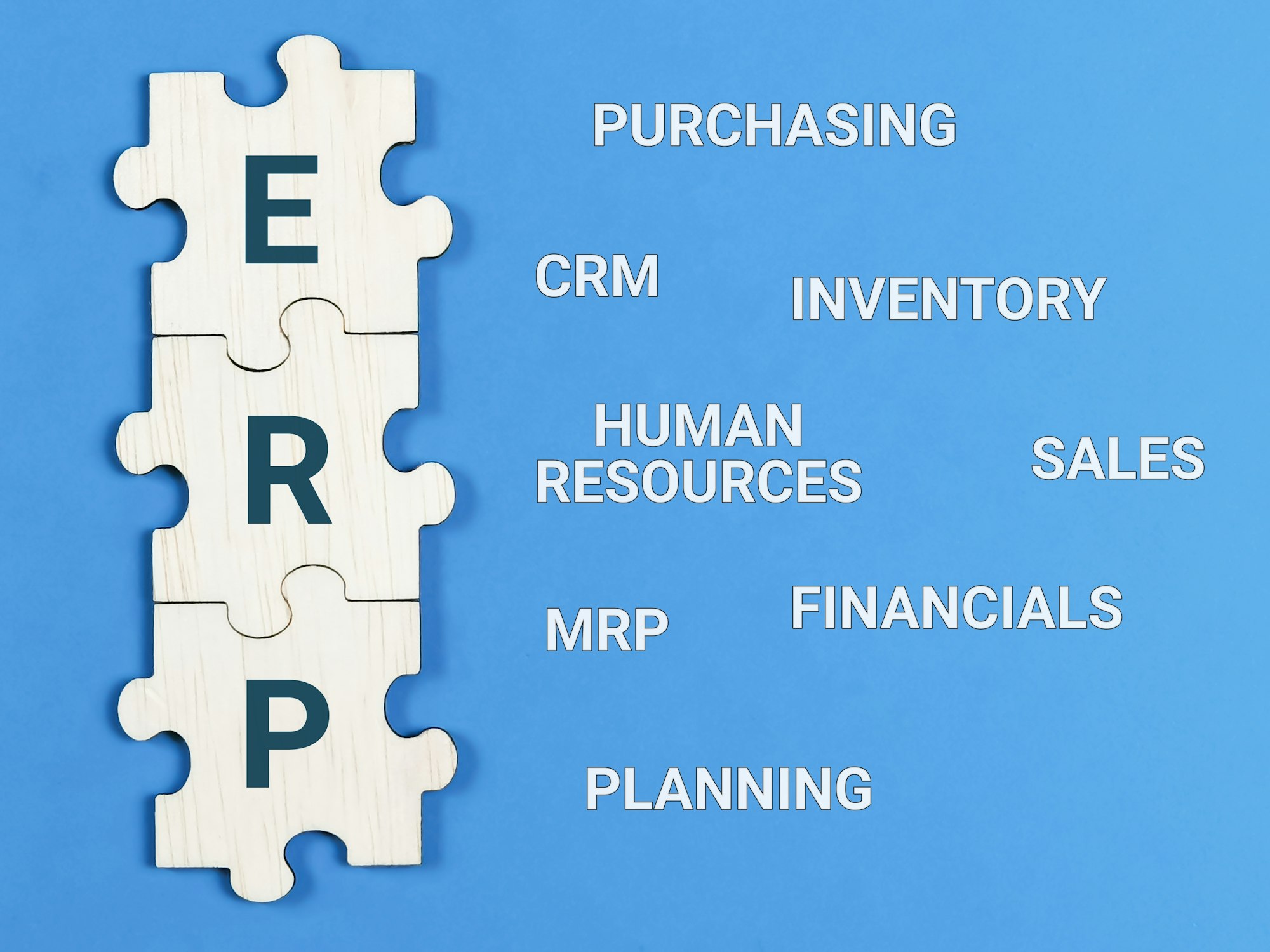In today’s business environment, managing data efficiently is crucial for success. Two powerful tools that aid in this process are ERP (Enterprise Resource Planning) and CRM (Customer Relationship Management) systems. While both systems help streamline business operations, they serve different purposes and offer distinct benefits. This article will explore the differences between ERP systems and CRM systems, helping you understand which might be best for your organization.

Understanding ERP Systems
ERP systems are integrated platforms used to manage a company’s core business processes, such as finance, HR, manufacturing, supply chain, services, procurement, and others. The primary goal of an ERP system is to facilitate the flow of information so that business decisions can be data-driven and efficient.
ERP systems typically include:
- Financial Management: Manages accounting, budgeting, and financial reporting.
- Human Resources Management: Handles employee records, payroll, recruitment, and training.
- Supply Chain Management: Oversees procurement, inventory, and logistics.
- Manufacturing: Manages production planning, scheduling, and quality control.
- Project Management: Tracks project progress, resources, and performance.
ERP systems provide a unified database that allows different departments to access shared data, improving collaboration and reducing data silos. By integrating various business processes, ERP systems enhance operational efficiency and provide real-time insights into business performance.

Understanding CRM Systems
CRM systems are designed to manage a company’s interactions with current and potential customers. The primary goal of a CRM system is to improve business relationships, enhance customer service, and increase sales.
CRM systems typically include:
- Sales Management: Tracks sales leads, opportunities, and deals.
- Customer Service Management: Manages customer inquiries, support tickets, and service requests.
- Marketing Automation: Facilitates email marketing campaigns, lead nurturing, and customer segmentation.
- Analytics and Reporting: Provides insights into customer behavior, sales performance, and campaign effectiveness.
- Contact Management: Stores detailed information about customers, including contact details, interaction history, and preferences.
CRM systems help businesses understand their customers better, personalize interactions, and build stronger relationships. By providing a centralized platform for customer information, CRM systems enable businesses to respond quickly to customer needs and improve overall customer satisfaction.
ERP vs CRM: Key Differences
While ERP and CRM systems may seem similar, they serve different purposes and have unique features. Here are some key differences between the two:
Scope and Functionality:
- ERP Systems: Focus on integrating and managing internal business processes across various departments, including finance, HR, supply chain, and manufacturing.
- CRM Systems: Focus on managing external customer interactions, including sales, marketing, and customer service.
Data Focus:
- ERP Systems: Centered around operational data, such as financial records, inventory levels, and production schedules.
- CRM Systems: Centered around customer data, including contact details, purchase history, and communication logs.
User Base:
- ERP Systems: Primarily used by internal employees across various departments to manage business processes.
- CRM Systems: Primarily used by sales, marketing, and customer service teams to manage customer relationships.
Implementation and Customization:
- ERP Systems: Often complex and require significant time and resources to implement and customize to fit specific business needs.
- CRM Systems: Typically easier to implement and customize, with many cloud-based options available for quick deployment.
Business Impact:
- ERP Systems: Aim to improve overall operational efficiency, reduce costs, and provide real-time visibility into business performance.
- CRM Systems: Aim to enhance customer satisfaction, increase sales, and improve customer retention.
When to Use ERP Systems
ERP systems are ideal for businesses that need to integrate and streamline their internal processes. They are particularly beneficial for larger organizations with complex operations that span multiple departments. If your business struggles with data silos, inconsistent processes, or lacks visibility into overall performance, an ERP system can provide the necessary tools to optimize operations and support growth.
When to Use CRM Systems
CRM systems are ideal for businesses that prioritize customer relationships and need to manage customer interactions effectively. They are particularly beneficial for sales-driven organizations that rely on strong customer relationships to drive revenue. If your business aims to improve customer service, increase sales, and build lasting customer relationships, a CRM system can provide the necessary tools to achieve these goals.
Combining ERP and CRM Systems
While ERP and CRM systems serve different purposes, they can be integrated to provide a comprehensive solution that addresses both internal operations and customer interactions. By combining ERP and CRM systems, businesses can achieve a unified view of their operations and customer base, leading to better decision-making and improved business outcomes.
Integration benefits include:
- Unified Data: Centralized platform for all business and customer data, reducing duplication and improving data accuracy.
- Improved Collaboration: Enhanced communication between departments, leading to more coordinated efforts and improved customer experiences.
- Comprehensive Insights: Holistic view of business performance, enabling data-driven decisions that consider both operational efficiency and customer satisfaction.
Apeiros GPS a Full ERP System
Understanding the differences between ERP and CRM systems is crucial for selecting the right solution for your business needs. Whether you prioritize internal process optimization or customer relationship management, choosing the right system can significantly impact your business success. At Apeiros Marketing, we specialize in helping businesses build and implement the right technology solutions. Contact us today to learn how we can help you optimize your operations and enhance your customer relationships with our integrated ERP and CRM system.







